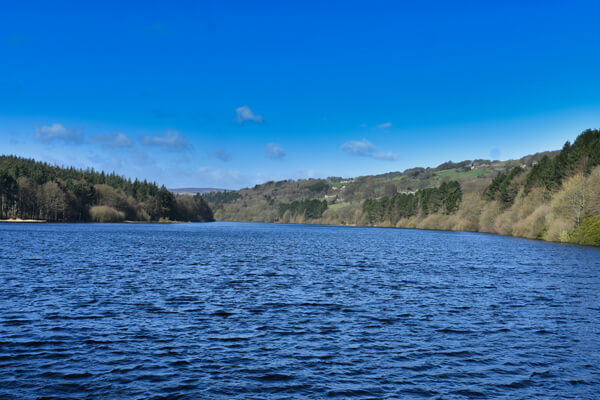Water District
Resource Center
Water District
Thank you for viewing the Cherry Valley and Rochdale Water District resource center. Contact the office Monday-Friday 7:30am – 3:30pm at 508-892-9616 with any questions or send an email to info@cvrwd.com.
Use the links below for more information and check back often for updates.
2024
2023
2022
2021
2020
Annual Reports
Consumer Confidence Reports
Environmental Protection Agency
www.epa.gov
Massachusetts Water Works Association
www.masswaterworks.org
New England Water Works Association
www.newwa.org
National WARN
www.nationalwarn.org
Town of Leicester
www.leicesterma.org
- Water your lawn only when it needs it. Step on your grass. If grass springs back, when you lift your foot, it doesn’t need water.
- Automatic lawn sprinklers: (includes all above and below ground sprinklers-see definition above) are very popular, and many people have installed underground automatic sprinkler systems. While this can be positive, it can also create serious problems if not installed properly. Any landscaping company will tell you that the best time to water your lawn is in the early morning or during the evening. Watering your lawn during the day wastes water due to the evaporation that occurs. Some experts say that as much as 50% of the water will evaporate before it soaks into the ground on a hot sunny day.
- Maximize the use of natural vegetation and establish smaller lawns. For portions of your lot where a lawn and landscaping are desired, ask your local nursery for tips about plants and grasses with low water demand (such as creeping fescue). Consider planting more trees, shrubs, ground covers, and less grass. Shrubs and ground covers provide greenery for much of the year and usually demand less water. Use native plants in flower beds. Native plants have adapted to rainfall conditions in New England and often provide good wildlife habitat. Cluster plants that require extra care together to minimize time and save water.
- Plant in the fall when conditions are cooler and rainfall is more plentiful.
- When mowing your lawn, set the mower blades to 2-3 inches high. Longer grass shades the soil improving moisture retention, has more leaf surface to take in sunlight, allowing it to grow thicker and develop a deeper root system. This helps grass survive drought, tolerate insect damage and fend off disease.
- Apply mulch around shrubs and flower beds to reduce evaporation, promote plant growth and control weeds.
- Add compost or an organic matter to soil as necessary, to improve soil conditions and water retention.
- Collect rainfall for irrigation in a screened container (to prevent mosquito larvae growth).
- Use a commercial car wash that recycles water.
- Let Mother Nature wash your car when it rains.
- Always use a broom to clean walkways, driveways, decks and porches, rather than hosing off these areas.
- Install covers on pools and spas and check for leaks around your pumps.
- Winterize outdoor spigots when temperatures dip below freezing to prevent pipes from leaking or bursting.
In the Kitchen
- When cooking, peel and clean vegetables in a large bowl of water instead of under running water.
- Collect the water you use for rinsing fruits and vegetables, then reuse it to water houseplants.
- Fill your sink or basin when washing and rinsing dishes.
- Soak pots and pans instead of letting the water run while you scrape them clean.
- Only run the dishwasher when it’s full.
- When buying a dishwasher, select one with a “light-wash” option.
- Only use the garbage disposal when necessary (composting is a great alternative).
- Install faucet aerators.
In the Bathroom
- Shorten your shower by a minute or two and you’ll save up to 150 gallons per month.
- Turn off the water to brush teeth, shave and soap up in the shower. Fill the sink to shave.
- Repair leaky toilets. Add 12 drops of food coloring into the tank, and if color appears in the bowl one hour later, your toilet is leaking.
- Upgrade older toilets with water efficient models.
- Install a toilet dam, faucet aerators and low-flow showerheads.
Laundry
- Run full loads of laundry.
- When doing laundry, match the water level to the size of the load.
- When purchasing a new washing machine, buy a water saving model that can be adjusted to the load size.
- Washing dark clothes in cold water saves both on water and energy while it helps your clothes to keep their colors.
Conservation Links:
Joseph McGinn – Chairman – Term 2026
Arthur E.J. Levesque, – Term 2027
Robert H. Lemieux, Sr. – Term 2025
Jennifer M. Wood, CMMT
John Shocik – Term 2025
Barry A. Bachrach
Benjamin J. Morris
Cheryl Balkus

